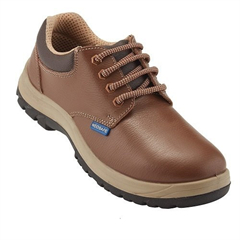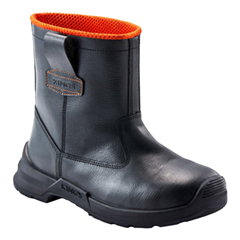1. Organic Cotton: Organic cotton is grown without synthetic pesticides or fertilizers, making it a more environmentally friendly option. Look for shirts made from certified organic cotton for a sustainable choice.
2. Hemp: Hemp is a highly sustainable plant that requires minimal water and grows quickly without the need for pesticides. Hemp fabric is durable and breathable, making it suitable for work shirts.
3. Tencel (Lyocell): Tencel is a fabric made from wood pulp, often sourced from sustainably managed forests. It’s produced using a closed-loop process that minimizes waste and water usage.
4. Bamboo: Bamboo fabric is derived from the fast-growing bamboo plant. It requires less water and pesticides compared to conventional cotton. Look for shirts made from bamboo viscose or bamboo blends.
5. Recycled Materials: Some brands use recycled materials, such as recycled polyester or post-consumer recycled cotton, to create new shirts. These materials help reduce the demand for new resources.
6. Linen: Linen is made from the flax plant, which requires fewer pesticides and less water than other crops. It’s a biodegradable and comfortable option for work shirts.
7. Upcycled Shirts: Consider shopping for secondhand or upcycled shirts. Vintage shops or online marketplaces often have a range of unique options that contribute to reducing clothing waste.
8. Local and Ethical Production: Look for brands that prioritize local production and ethical manufacturing practices. Supporting local artisans and businesses can reduce the carbon footprint associated with shipping and promote fair labor practices.
9. Minimalist Wardrobe: Instead of buying numerous shirts, invest in a few high-quality, versatile pieces that can be mixed and matched. This reduces the overall demand for clothing production.
10. Sustainable Brands: Research and support brands that have a commitment to sustainability, transparent supply chains, and ethical practices.
11. Care and Maintenance: Extend the lifespan of your work shirts by following proper care instructions. Washing clothes in cold water, air drying, and avoiding overwashing can help preserve the fabric and colors.
12. Neutral and Timeless Styles: Opt for classic styles and neutral colors that won’t go out of fashion quickly. This allows you to wear your shirts for years, reducing the need for frequent replacements.
13. Accessories: Enhance your eco-friendly work shirts with sustainable accessories like belts, ties, and scarves made from recycled materials or natural fibers.
14. Eco-Certifications: Look for certifications like Global Organic Textile Standard (GOTS) or OEKO-TEX Standard 100, which ensure that the fabrics are produced with environmental and social responsibility in mind.
By making conscious choices and supporting sustainable practices, you can build a work wardrobe that not only reflects your personal style but also contributes to a more environmentally friendly fashion industry.






















